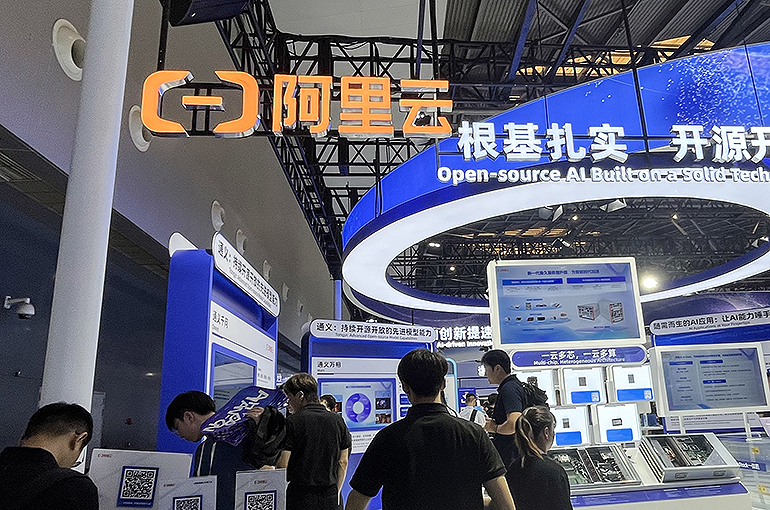Select Language:
Alibaba Cloud is reducing prices on select Elastic Compute Service (ECS) offerings—its high-performance, stable, and scalable cloud infrastructure—by up to 10.2 percent in key international markets as part of its efforts to expand globally. These price decreases will take effect on October 30 in Frankfurt, Tokyo, and Dubai.
Although the adjustments target a limited product range, industry insiders view this move as a clear sign of Alibaba Cloud’s commitment to growing abroad. It’s common for ECS products to have country-specific pricing, which suggests the company is adopting a more tailored and strategic approach for each market.
Frankfurt is a strategic hub for the company’s European expansion, being both a major gateway and the location of its first European cloud center established in 2016. In 2022, the company inaugurated its third data center in Germany, also in Frankfurt. Notably, this region is experiencing the most significant price reductions.
Currently ranking fourth worldwide in cloud computing, behind Amazon, Microsoft, and Google Cloud, Alibaba Cloud has already established a leading position in the Asia-Pacific region. However, expanding its presence in other markets remains a challenge amid the rapid growth of artificial intelligence.
Asia remains a vital market for the company, according to Yuan Qian, who was president of its International Business Unit in July. At the same time, emerging markets in Latin America, the Middle East, and Europe present new opportunities, driven by expanding digital, cloud computing, and AI sectors.
Last month, the company announced a significant global infrastructure expansion during its Aspara Conference. Plans include launching cloud regions in Brazil, France, and the Netherlands, along with expanding data centers in Mexico, Japan, South Korea, Malaysia, and Dubai. These developments highlight its focus on strengthening its footprint across the Asia-Pacific, Europe, and the Middle East.
Looking ahead, the CEO predicted that there could eventually be only five or six dominant cloud providers worldwide. He emphasized that the new era of AI demands denser computing power, faster networks, and larger clusters—areas where Alibaba Cloud is positioning itself for more intense competition among leading global providers.





